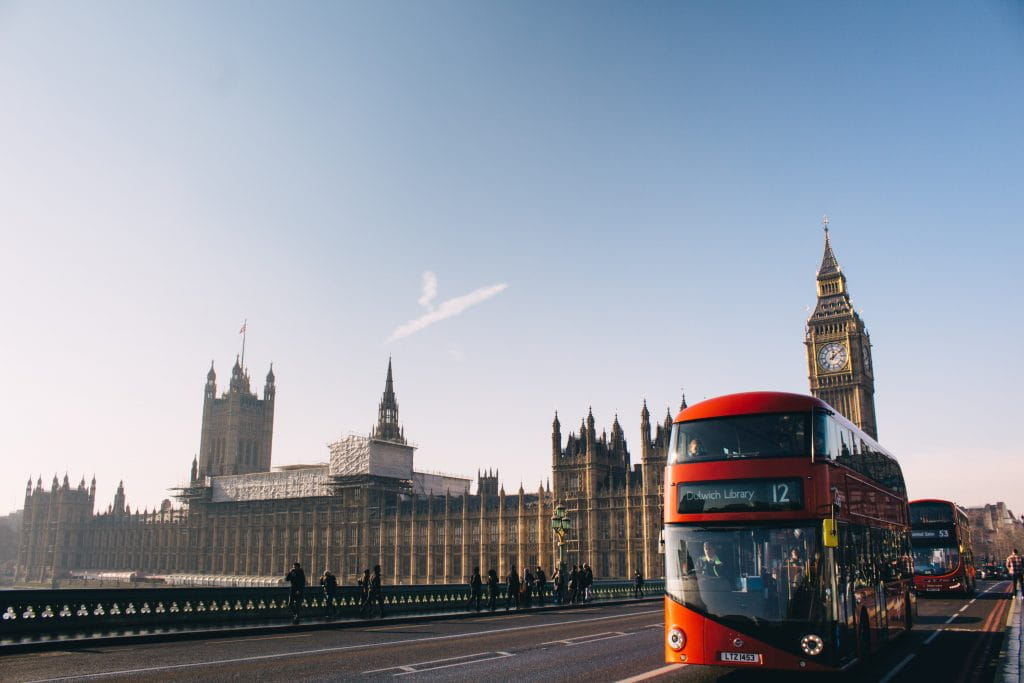Universal Basic Income, youth unemployment and virtual internships are among the top 5 trending topics in the world of work this week.
May 15, 2020
#1. Most workers in the UK want to continue working from home
According to the latest research, most UK employees who have been forced by COVID-19 to work from home are happy to carry on working remotely. The research comes at a time when Prime Minister Boris Johnson has called for a gradual return of workers back to their physical workplaces. Nevertheless, it appears that 57% of those surveyed have said they would prefer staying at home until at least the end of May. On the other hand, young people aged 18-24 are the most eager to return immediately, with 68% of them preferring to return to their workplaces already. But while there are disagreements on when to return, the vast majority of people (70%) recognise the importance of health and safety and are willing to accept a wide range of safety measures to enable the return when it happens. To that end, the leading HR Services companies have recently formed an alliance and produced a concrete guide facilitating the safe return to the physical workplace.

#2. Tech giants are extending their work from home policies
Staying on the subject of remote work and confirming that the trend is here to stay (at least for now), IBM has published a study according to which 54% of adults want to work remotely most of the time after the pandemic. Some companies, including tech giants Twitter, Facebook, and Google are already rolling out plans to continue their work-from-home policies beyond the current pandemic. Earlier this week Twitter CEO Jack Dorsey announced the company would allow its employees to work from home “forever” while Google and Facebook will extend their arrangements into 2021.

#3. COVID-19 could lead to higher youth unemployment
As reported before, young people are among the most severely impacted by COVID-19. The latest figures from the UK, Canada and New Zealand confirm that the pandemic could lead to unprecedented youth unemployment levels. In the UK, further 640,000 young people would be left without a job this year, taking the total above one million. With retail, cafes and bars affected by the lockdown and apprenticeship schemes at risk of being discontinued due to lack of funds, the prospects are bleak for most of the 800,000 graduates who will emerge from school or university in the next few months. In New Zealand, the number of young people on unemployment benefits has risen by about 50% during the coronavirus pandemic while in Canada, young people account for 30% of those who are currently out of work. Moreover, graduates who start their careers in the midst of an economic downturn can expect to earn 5% less over their lifetime, proving the consequences of coronavirus might have long-term implications.

#4. Wall Street summer internships will go virtual this year
While many apprenticeships and internships are being cut due to COVID-19, some may still go ahead – albeit virtually. Business Insider reports that many banks on Wall Street are planning to launch summer internships that will be either shorter or fully remote. That is because companies often depend on their internships programmes to help them fill their full-time vacant positions and attract the desperately needed junior talent. Banks such as Goldman Sachs, Bank of America or Morgan Stanley are planning to host their interns virtually this year, while Citi will shorten its programme to five weeks.

#5. Finland’s basic-income trial found people were happier, but weren’t more likely to get jobs
Participants were happier when given free money, but they were not any more likely to land a job. Those are the conclusions of the landmark two-year basic-income study conducted in Finland. More than 2,000 unemployed people aged 25 to 58 were randomly selected and given a monthly stipend of 560 Euros. The results were broadly in line with the previous 2019 conclusions: the scheme had small employment effects, but it led to better perceived economic security and mental wellbeing. The topic of UBI or universal basic income has resurfaced recently due to the ongoing coronavirus pandemic as many people have been relying on social safety nets.




